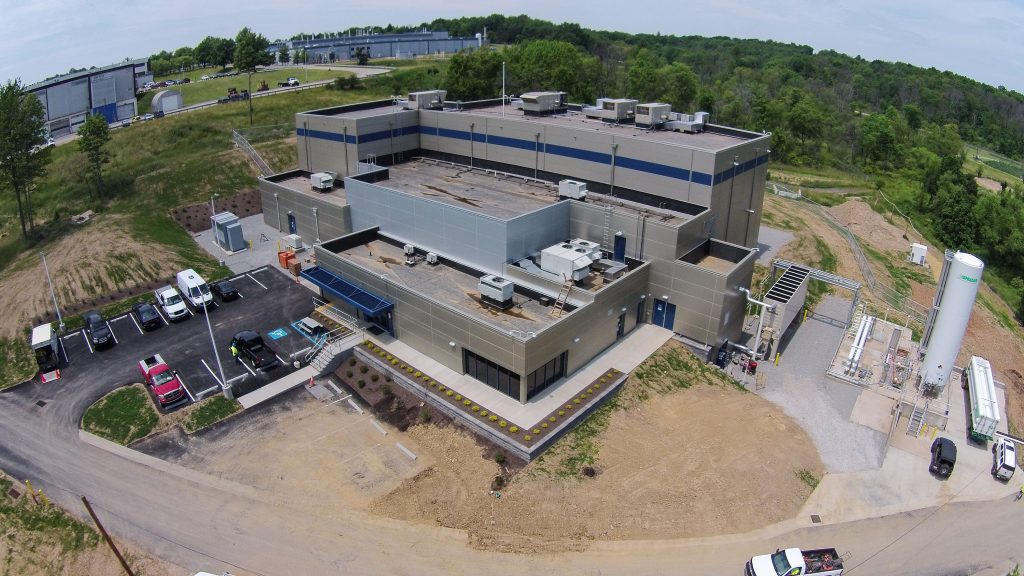
Alcoa opened its state-of-the-art 3D printing metal powder production facility, located at the Alcoa Technology Center, the world’s largest light metals research center. The company plans to produce proprietary titanium, nickel, and aluminum powders optimized for 3D printed aerospace parts. Alcoa has also invested in a range of technologies to further develop additive processes, product design, and qualification.
“Alcoa is forging a leadership path in additive manufacturing with a sharp focus on the critical input material — metal powders,” said Klaus Kleinfeld, Alcoa chairman and chief executive officer. “We are combining our expertise in metallurgy, manufacturing, design, and product qualification to push beyond the possibilities of today’s 3D printing technologies for aerospace and other growth markets.”
Metal powders used for 3D printing durable, high-quality aerospace parts are available in limited quantities. Through this expansion, Alcoa will develop materials with the specific properties needed to 3D print high-performance components. The company has deep expertise in metal alloy development, having formulated many of the aluminum alloys used in aerospace today. In addition, it has a 100-year history in aluminum metal powder production, primarily for rocket fuel, paint, and other products.
The facility will form part of Arconic following separation from Alcoa’s traditional commodity business in the second half of 2016. The plant is part of a $60 million investment in advanced 3D printing materials and processes that builds on the company’s 3D printing capabilities in California, Georgia, Michigan, Pennsylvania, and Texas.
In addition to producing powders, Alcoa is focused on advancing a range of additive techniques, including its recently unveiled Ampliforge™ process, a hybrid technique that combines additive and traditional manufacturing. Using the Ampliforge process, the company is able to design and 3D print a near complete part, then treat it using a traditional manufacturing process, such as forging. The process enhances the properties of 3D printed parts, increasing toughness and strength versus parts made solely by additive manufacturing, and significantly reduces material input. The company is piloting the technique in Pittsburgh and Cleveland.
Airbus recently selected Alcoa to supply 3D printed titanium fuselage and engine pylon parts for commercial aircraft. Alcoa expects to deliver the first additive manufactured parts under the agreement later this year.
